We already know about the many extra virgin olive oil health benefits for the heart and the brain.
Responsible for these properties are the high level of monounsaturated fatty acids and other components like Vitamin E and phenolic compounds (like Oleuropein and Hydroxytyrosol) which guarantee its high antioxidant potential.
Because of its antioxidants, extra virgin olive oil exerts a neuroprotective activity against oxidative damage in brain and neurological disorders such as Alzheimer disease and Parkinson disease.
Hydroxytyrosol is among the many antioxidants that are unique to extra virgin olive oil. It has multiple biological properties, especially the antioxidant, anticancer, anti-inflammatory, and neuroprotective effects.
A new research conducted by Italian scientists at the CNR (National Research Center) says that hydroxytyrosol not only displays neuroprotective effect, but can also increase the production of new neurons (neurogenesis) and stimulates the proliferation of stem cells from which the neurons are generated.
The dentate gyrus of the hippocampus is one of two brain areas generating new neurons. This area of the hippocampus plays a fundamental role in learning processes and memory coding.
The research says that during aging, the production of new neurons decreases and a cognitive decline occurs which contributes to loss of working and episodic memory, impaired learning capacity, and motor coordination.
Environment as well as the diet, can improve neurogenesis and cognition.
Italian scientists found out that after 30 days of administering hydroxytyrosol to mice, it enhanced the production of new neurons both in adult and aged animals.
The even more interesting result of the research is that hydroxytyrosol stimulated the proliferation of stem and progenitor cells. And this effect is more evident in aged animals (instead of adult animals).
This new research indicates that hydroxytyrosol treatment counteracts neurogenesis decline during aging.
And this is a further demonstration of the health benefits of the Mediterranean Diet which is protective against heart disease and many other aging-related diseases.
It’s important to know that not all extra virgin olive oils have the same quantity of Hydroxytyrosol or of Oleuropein (another very important antioxidant). That’s why quality matters!
This Italian research adds to another important recent research conducted by the University of Minnesota Medical School and published in Molecular cell. Work in Dr. Mashek’s lab suggests that it is ‘the fat in olive oil that is activating a certain pathway in cells known to increase lifespan and prevent aging-related diseases’. By identifying this pathway, Dr. Mashek provides ‘a new way of thinking about how consuming olive oil and the Mediterranean diet is actually linked to positive health benefits’.
Dr. Mashek explains that merely consuming olive oil is not enough to have all the health benefits. And that extra virging olive oil needs to be part of the complete Mediterranean eating plan as well as of the Mediterranean lifestyle (basically the Mediterranean lifestyle or Stile Mediterraneo that Marika and I have been promoting for more than 14 years!).
These two researches make me conclude that I can keep starting my day with a breakfast based on extra virgin olive oil so to counteract the effects of aging on me with its hydroxytyrosol and the good fats!
Breakfast is my favorite meal and it’s usually based on:
-one or two small slices (total of 60 grams) of whole “durum” wheat (or barley or farro) bread drizzled with extra virgin olive oil. Sometime I also add some cherry tomatoes.
I use either Green Season extra virgin olive oil or Equilibrium extra virgin olive oil, depending on which bottle is already open. Both olive oils are rich in antioxidants and made from Coratina olives.
-Then if I manage to go to the market, I also like to have a slice of freshly-made and warm goat and sheep ricotta. Otherwise, I just have a small yogurt (without sugar) with fruit or a slice of sheep/pecorino cheese with fruit.
-A cup of barley coffee (or regular coffee).
After a couple of hours (and before lunch), I have my typical snack which is either one fruit or a few almonds.
This is a typical breakfast for people who live in the Mediterranean regions, like Southern Italy, where the Mediterranean Diet is followed.
Those who have read my sister Marika’s ebook know that one of the most important principles of the Mediterranean Diet is that at every meal we eat a balanced proportion of macronutrients: complex carbs, good fats and proteins, addition to vegetables (see page 18 of the ebook to learn how the macronutrients work and why they are important). So for breakfast, we don’t have just fruit or just proteins but always a combination of macronutrients, just like what I described above!
My grandmothers who always followed the Mediterranean Diet used to say that at breakfast we need to eat like a ‘king’, at lunch like a ‘prince’ and in the evening like a ‘poor person’.
Now doctors say that it is important not to skip breakfast which together with lunch should be our most important meal. Whereas, they say it’s healthier to have smaller dinner in the evening, before going to bed.
What is your typical breakfast? do you have it with extra virgin olive oil?
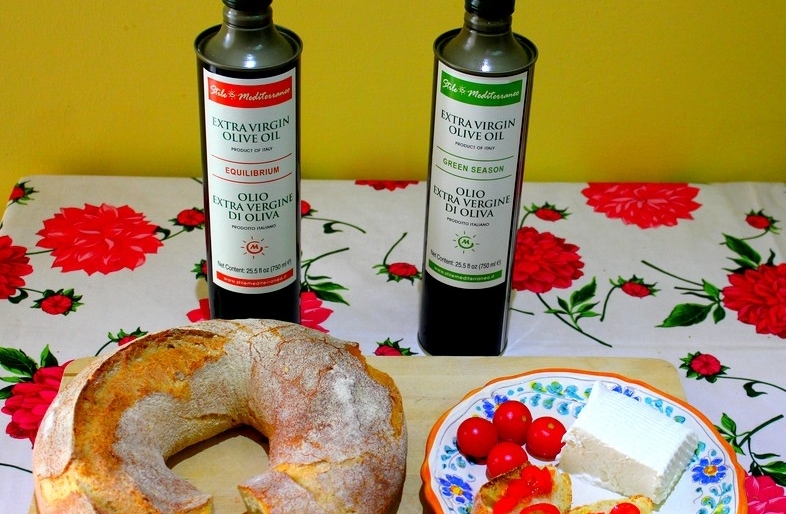
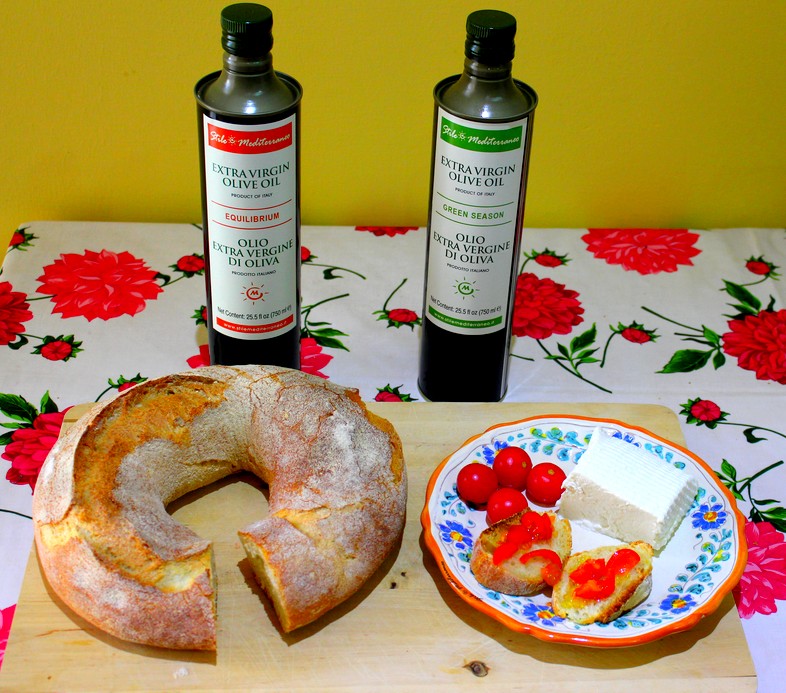
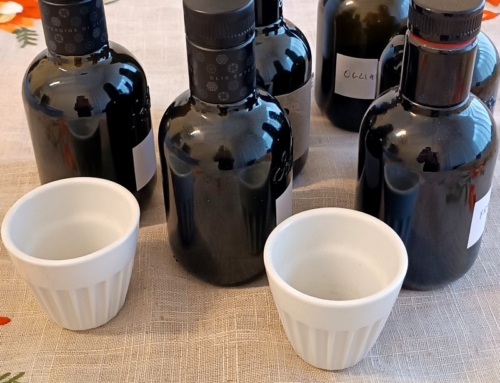
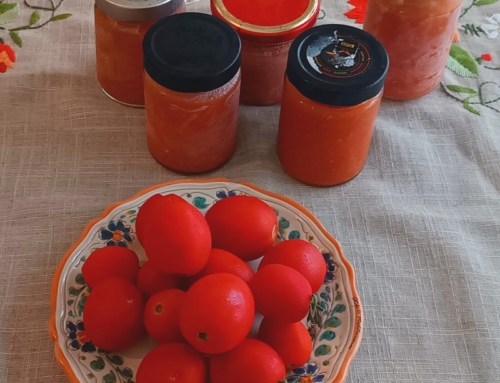
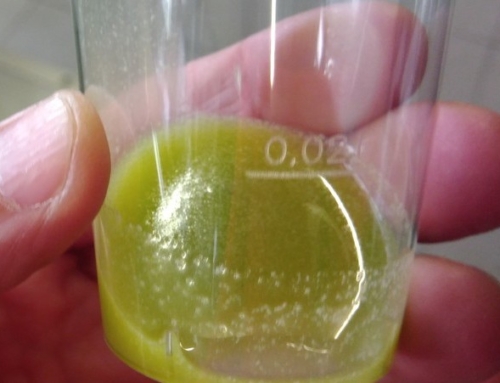


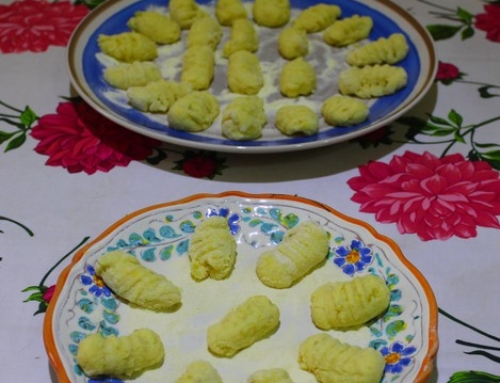
Dear Joaquin, I am so happy to hear that you and your wife like the two extra virgin olive oils on your salads and other foods….and that you already feel the health benefits of a healthier diet. It is true that you lose weight when you switch from other condiments to extra virgin olive oil. Your message motivates me to keep working hard with select olive oil producers in order to make two very unique extra virgin olive oils that are full of health benefits …and that also make our food taste better. Thank you!
My wife and I ordered a six pack of the extra virgin olive oils (3 of each flavor) less than a month ago because we know Cinzia has superb taste and class. I am a meat and potatoes guy so naturally my wife has struggled to get me eating salads. In less than a month I am loving the salads because of these olive oils and feeling great in my body. We have both shed weight without trying (due to a healthier diet) and can’t wait to stock up.
I am amazed how this little change in richness makes everything the oils touch taste amazing. Thank you again Cinzia for your attention to quality and wellness.